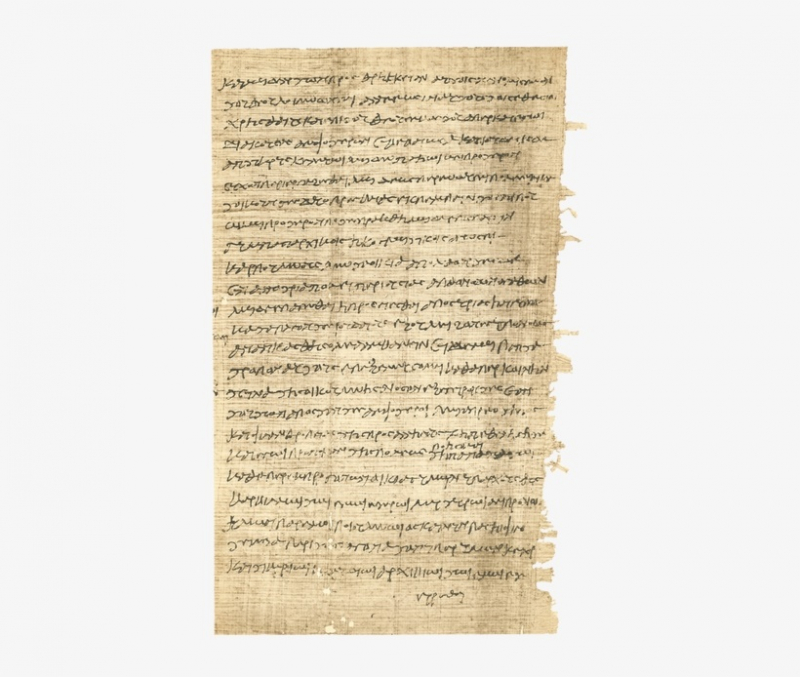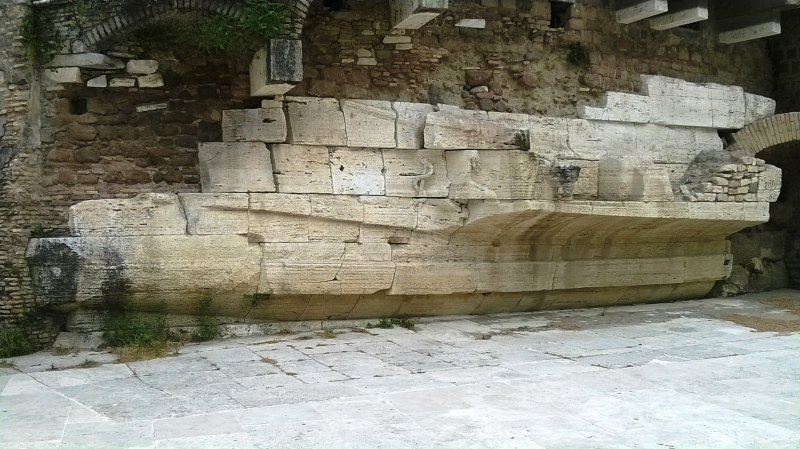Claudius personally judged many of the legal cases tried during his reign
Claudius presided over many of the legal cases that were tried during his reign. Many ancient historians complained about this, claiming that his verdicts were inconsistent and occasionally did not obey the law. He, too, was readily swayed. Nonetheless, Claudius paid close attention to the functioning of the court system.
By shortening the regular breaks, he was able to lengthen both the summer court session and the winter term. Claudius also enacted legislation requiring plaintiffs, like defendants, to remain in the city while their cases were pending. These actions had the result of clearing out the docket. To provide a more seasoned jury pool, the minimum age for jurors was also raised to 25.
Claudius also resolved regional disputes. For their good faith, he freed the island of Rhodes from Roman rule and exempted Ilium (Troy) from taxes. After rioting between the two populations, the Greeks and Jews of Alexandria sent him two embassies at the same time early in his reign. This resulted in the famous "Letter to the Alexandrians" which reaffirmed Jewish rights in the city while also forbidding them to move in more families en masse. According to Josephus, he then reaffirmed the rights and liberties of all Jews throughout the Empire.
Throughout Claudius' tenure, numerous edicts were issued. These ranged in subject matter from medical advice to moral judgments. One of the most famous edicts dealt with the treatment of sick slaves. Masters had been abandoning sick slaves at the Temple of Aesculapius on Tiber Island to die rather than providing medical care and then retrieving them if they survived. Claudius declared that slaves who were abandoned and recovered as a result of such treatment were free. Furthermore, owners who opted to kill slaves rather than care for them faced murder charges.











